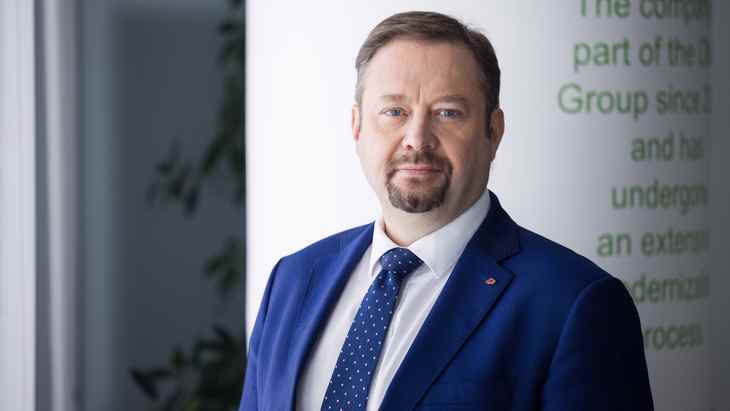For the anniversary edition of the Spring Cocktail, we launched the “Energynomics Outlook” project for members of the Energynomics community – a summary of the year’s forecasts as we collected them from experts and decision-makers. Thank you all for your contribution!
The energy market goes through profound transformations in order to deliver cleaner energy while ensuring continuity of supply. In the last years, we have seen huge efforts to deploy new technologies so that customers could be offered cleaner solutions. On top of this, the pandemic and the conflict in Ukraine added even more complexity due to supply-demand imbalances, supply disruptions, high and volatile prices. Energy transition, security of supply and affordability of prices are the key topics on the sector’s agenda.
The current context put light on the sector’s vulnerabilities while opening opportunities for further consolidation of the energy supply and economic growth. Local production of cleaner energy combined with diversification of sources and routes are essential to protect our security of security.
As an energy company, we at OMV Petrom are at the core of the energy transition. In 2022 we started to implement our Strategy 2030, aimed at supporting the energy transition in Romania, by bringing new and cleaner energy solutions on to the market. For this we put forward the largest investment plan in Romania’s energy sector, of approximately 11 bn euros by 2030.
We believe Romania has significant potential both for producing natural gas and for developing green projects from photovoltaics and bioethanol to hydrogen. Hydrogen is central to Europe’s plans to decarbonize heavy industry. In this context, the Black Sea natural gas plays a fundamental role in Romania’s security of supply, energy transition and economic growth. Besides, it opens a unique opportunity in SEE for the country to create a hydrogen corridor from the Black Sea. In the absence of new projects to bring gas into the system, Romania’s gas imports are estimated to increase by 50% in 2030.
Investments in unlocking new reliable energy resources and energy source diversification became matters of strengthening energy security. Within this context, a stable and predictable fiscal and regulatory framework is essential. Also, national and European funding allocation can provide real support for the adoption of low-carbon solutions and important infrastructure projects in the energy sector. In this regard, the regulatory framework needs to be adjusted and simplified to allow a faster implementation of projects. All of the above can be achieved through constant collaboration, transparent dialogue and partnership between policymakers and business.
* All highlights belong to Energynomics
